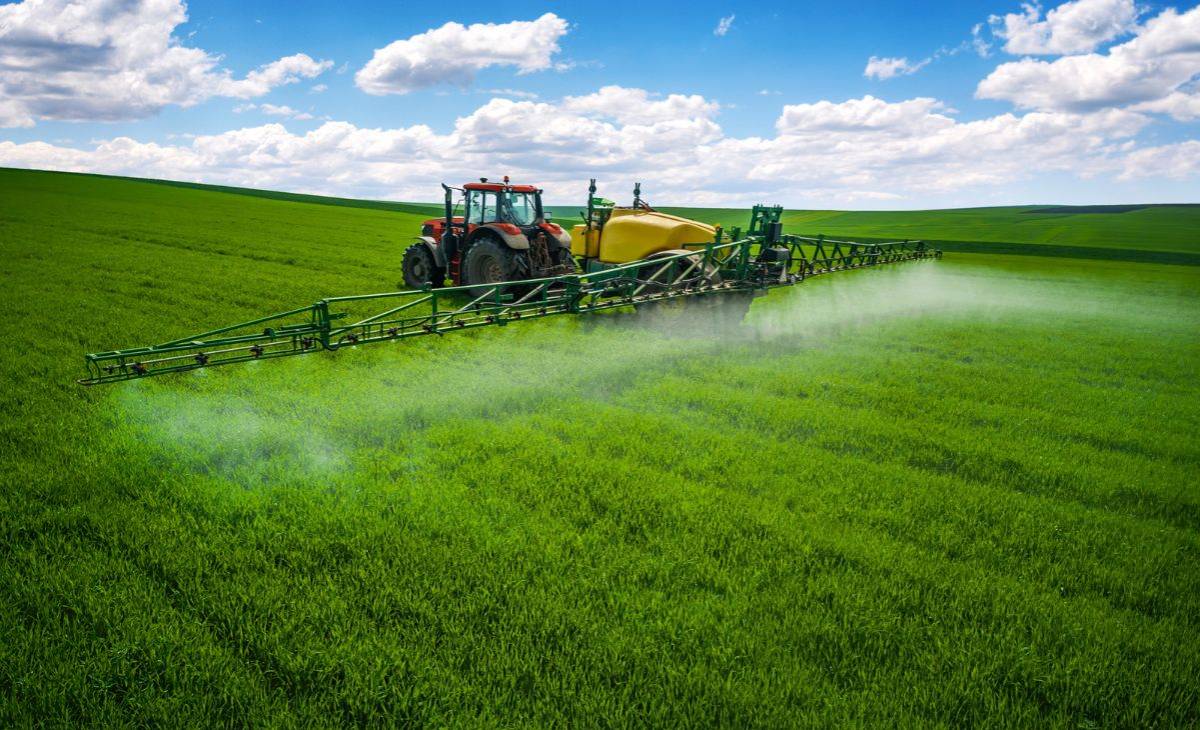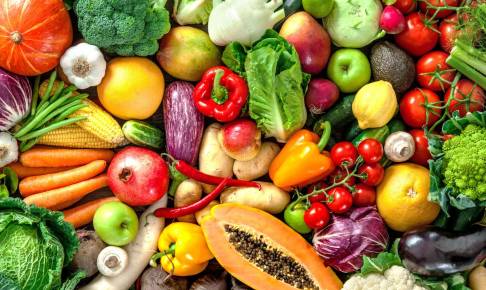European Parliament takes steps to reduce use of pesticides
The European Parliament's Environment Commission has approved measures aimed at ensuring the sustainable use of pesticides and reducing their environmental impact.
The Commission defined its position on The sustainable use of plant protection products and amending Regulation (EU) 2021/2115, with the goal of reducing the use and risk of chemical plant protection products by at least 50% by 2030 compared to the 2013-2017 average. However, the approved text, which received 47 votes in favor, 37 against, and 2 abstentions, goes beyond the initial proposal by setting a more ambitious target for reducing the use of "more hazardous products" by 65%.
In contrast, the European Parliament’s Agriculture Commission recently suggested a delay in the reduction of pesticide use until 2035. Its proposal entailed national targets of 35% reduction compared to the period between 2011 and 2013. Furthermore, it put forward a suggestion to impose limitations on pesticide usage rather than implementing a complete ban in sensitive areas. However, it's important to note that the Agriculture Commission's jurisdiction is limited to financial matters, while the Environment Commission holds the authority to define the Regulation. Ultimately, it was the Environment Commission that made the final decision on the matter.
Under the approved measures, each EU member state will be required to adopt national goals and strategies based on factors such as the chemicals sold annually, the level of danger associated with them, and the size of their agricultural area. These national targets will be evaluated by the Commission to determine if the member states need to be more ambitious to reach the EU's 2030 goals.
To maximize the impact of national strategies, member states will also be required to establish specific rules for at least five crops where reducing the use of chemical pesticides would have the greatest effect.
In addition, the Environment Commission confirmed its intention to ban the use of chemical pesticides, except those authorized for organic farming and biological control, in sensitive areas and within a five-meter buffer zone.
The Commission emphasizes that chemical pesticides should only be used as a last resort, following the principles of integrated pest management. The aim is to promote the use of low-risk pesticides, and the Commission will set a target for increasing their sales by 2030, six months after the Regulation's entry into force. The current lengthy authorization process for low-risk pesticides and biological control will also be evaluated to identify ways to expedite it.
Sarah Wiener, the rapporteur for the proposal, highlights the progress made in significantly reducing the use of chemical pesticides by 2030, stating that feasible compromises have been reached. The changes introduced by the new rules will be implemented gradually to minimize any impact on food safety.
The Commission will also examine the disparities in pesticide use between imported agricultural and agri-food products and EU products by December 2025. If necessary, measures will be proposed to ensure that imports meet equivalent EU standards. Furthermore, the export of unapproved pesticides to the EU will be prohibited.
The proposal to reduce the use of chemical pesticides is part of a broader package of measures aimed at reducing the environmental impact of the EU food system and addressing challenges related to climate change and biodiversity loss. The European Parliament is expected to adopt its mandate on the matter during its plenary session on 20-23 November 2023, after which negotiations with EU member states can begin.
Source:






















